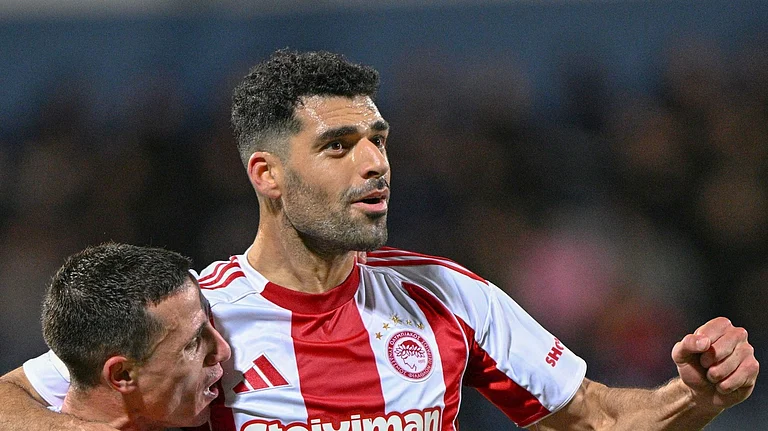It’s not often when a phone rings in the newsroom, that you pick it up and find yourself speaking to a senior US State Department official from Washington, asking for ‘their version’ to be included in a story you released just a few minutes earlier. You then remember that this isn’t just any newsroom. It’s Al Jazeera’s. You also realise it is no great surprise that the biggest power on the planet would be keeping tabs on a website that threatens the West’s monopoly on news flow.
It was March 2003. Ours was a fledgling website. The US had invaded Iraq a few days earlier. Mind you, I use the word ‘invaded’ instead of describing it as a ‘war’, the word most Western wire services preferred. But in the Al Jazeera newsroom, we outvoted ‘war’ in favour of ‘invasion’ because that was what it was.
In the tumultuous, chaotic and oftentimes charged atmosphere of the newsroom in the initial days of the English language website, we, a small multicultural, transnational group of journalists, grappled with the challenge of providing an alternative perspective to the breathtaking events in the Arab world. Not that anyone had to overtly insist on an Arab perspective. It was understood. A given. Though, as a professional journalist, one knew about the biases enmeshed in western news agency reports of events in the Arab world, the Al Jazeera perspective opened our eyes to the extent of such prejudices that the rest of the world viewed as normal and objective.
For journalists from elsewhere, events in the Arab world are merely stories they need to cover in the most professional way possible. In the Al Jazeera website newsroom in Doha (since moved to the main HQ), where journalists from the English and Arabic sections worked side-by-side, you saw that for your Arab colleagues the events were not merely stories, but something that directly impacted their friends and families. Every now and then, you heard how a blast in Iraq killed or injured a friend, uncle, cousin or a relative. When the US fighters rained bombs on Baghdad, tense Iraqi colleagues had their fingers crossed, wondering how their families were coping. It was always necessary for a call from home to reassure them all was well. There were Palestinians who remembered how their families were displaced from what is now Israel, Sudanese who insisted that the western news agencies had got it all wrong on their differentiating of “Arabs and Africans” when describing the conflict in their country and the Somalis who were as bewildered as anyone else with the anarchy at home.
The Doha newsroom was then a place where the stark realities of the region played out informally in cafeteria conversations over cups of coffee besides idle, but politically-laced chatter in the smokers’ corner. So when events were reported and written in English and then turned into stories that had never before been seen from the perspective of the region, it was just another day at the office for the Arabs. For the rest of the world, a sock on the jaw or a warm hug depending on whose side you were on.
























